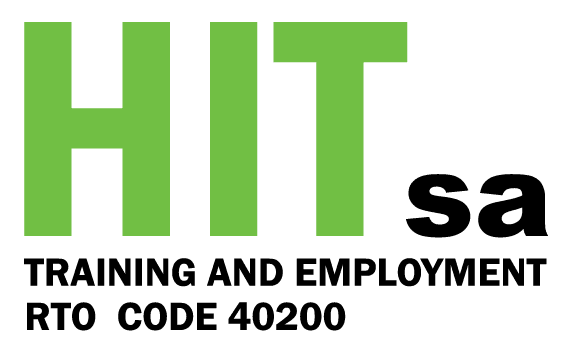Brewing a Barista coffee may seem like a simple task. However, there is more involved in making the perfect cup of Barista coffee than you would think. Taking a Barista Course will assist you in becoming a Barista and landing a Barista job. There are barista espresso machines to operate, different coffee styles to memorise and latte art to learn. But, there is appeal to working in a local coffee shop and learning the art form of being a Barista. You probably don’t know the first thing about working as a Barista. In addition, here is some information, tips and tricks to get you started.
What is a Barista?
A Barista is someone who prepares and serves espresso based drinks. Coffee has become part of today’s culture and society, therefore Barista jobs are a desired and lucrative choice of employment. Additionally, the skills required to become a Barista include; love of coffee, attention to detail and people skills.
Barista Course
It is possible to become a Barista without doing a Barista Course. That’s if you can find an employer to train you on the job. Although completing a Barista Course gives you the theory component on Coffee that you may not be able to grasp if training on the Job. A Barista Course (Prepare and Serve Espresso Coffee) will teach you many important things regarding coffee. Such as, how it is grown and how to properly grind it. As well as the right measurements for every coffee mixture and even its origin. Furthermore, an RTO may offer accredited barista training programs including Prepare and Serve Espresso Coffee.
Land your first Barista Job
To land your first Barista job, you need to know what the coffee shop is looking for. Most coffee shops will require you to submit a cover letter and resume. While some may require you to have prior experience and have completed a Barista course. In other instances, the manager may simply be looking for some of the following qualities in their Barista.
Love for coffee
Having a love for drinking coffee, learning about coffee and serving good coffee is a must. Therefore, we recommended you become familiar with your local coffee shop. One suggestion is to become a regular customer at a coffee shop you wish to work at. This will give you an insight to the coffee shop and the expectations they have when it comes to serving barista coffee.
Friendly, cheerful, happy
Being a Barista means you are at the front of a coffee shop’s customer service. Therefore you may be greeted by a grumpy customer who is in need of their morning caffeine hit. As a result, you must always have a friendly, cheerful and happy attitude day to day in your Barista job. Furthermore, completing a Barista Course will teach you customer service skills, and how to deal with these situations.
Reliable
Typically a Barista will be required to work weekends, night shifts, and long hours. So be prepared to work hard and show up on time before you apply for a Barista job.
Attention to detail
The coffee shop manager will want to know that you will make good looking and great tasting coffee. Hence we recommend that you become a detail focused Barista who aims to give every customer the best cup of Barista coffee.
People person
As a Barista you will be working in a team with other staff, and with customers. Therefore, you need to present the skills to be a good team player and enjoy working with people.
Take it to the next level
It is possible to move up in the hospitality industry once you land a Barista job and complete an accredited Barista Course. Other possible job roles include bar manager or food and beverage manager. As well as waiter or even owning your own coffee shop. By completing barista training and gaining on the job experience you are creating a pathway for a long term career.
Further to this, entering Barista competitions will help to take your profile to the next level. World Coffee Events support competitions run by the Australian Specialty Coffee Association. Consequently, you will grow as a Barista as these competitions are world renowned.
Finally, look for coffee events in your city that you can get involved in. For example, the double shot coffee fiesta in Unley is a showcase of coffee, Baristas and latte art.
In short, you can become a Barista in any local coffee shop without a course or experience. That’s if they are willing to teach you. However, look into completing a local Barista course as this is better for your resume. Try this one from HITsa training and employment. Lastly, confident, friendly and cheerful attitude will help you land a winning job as a Barista.













